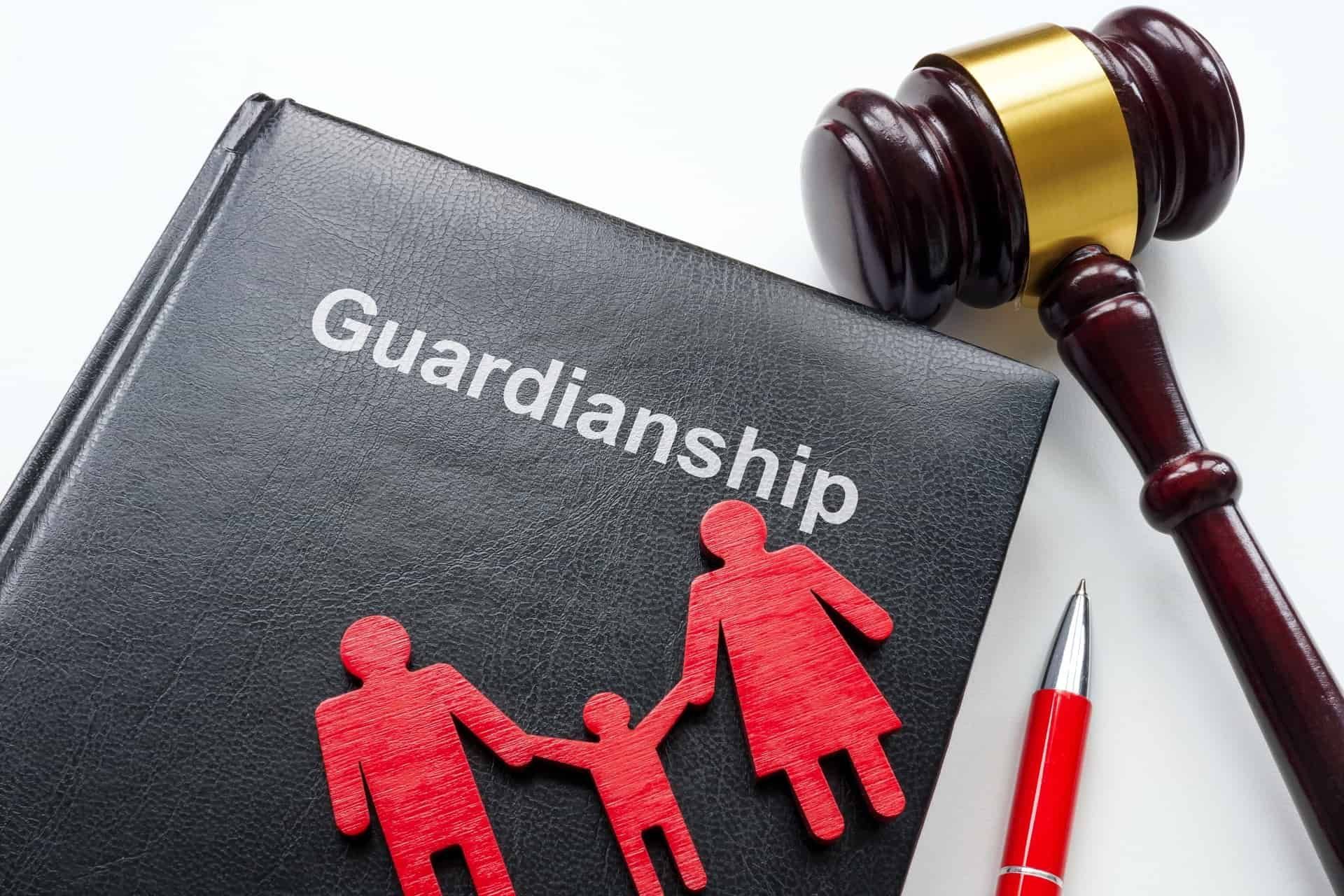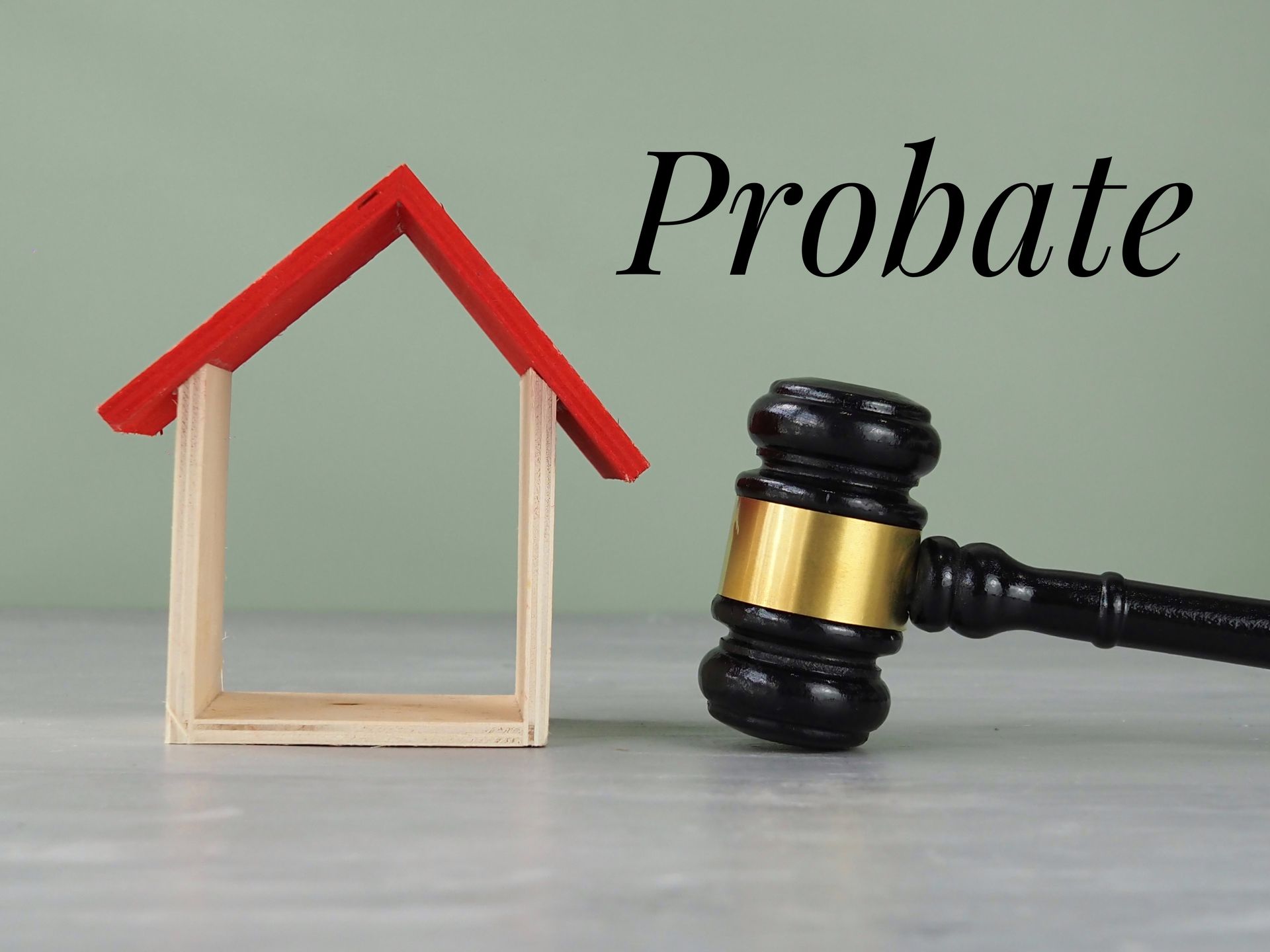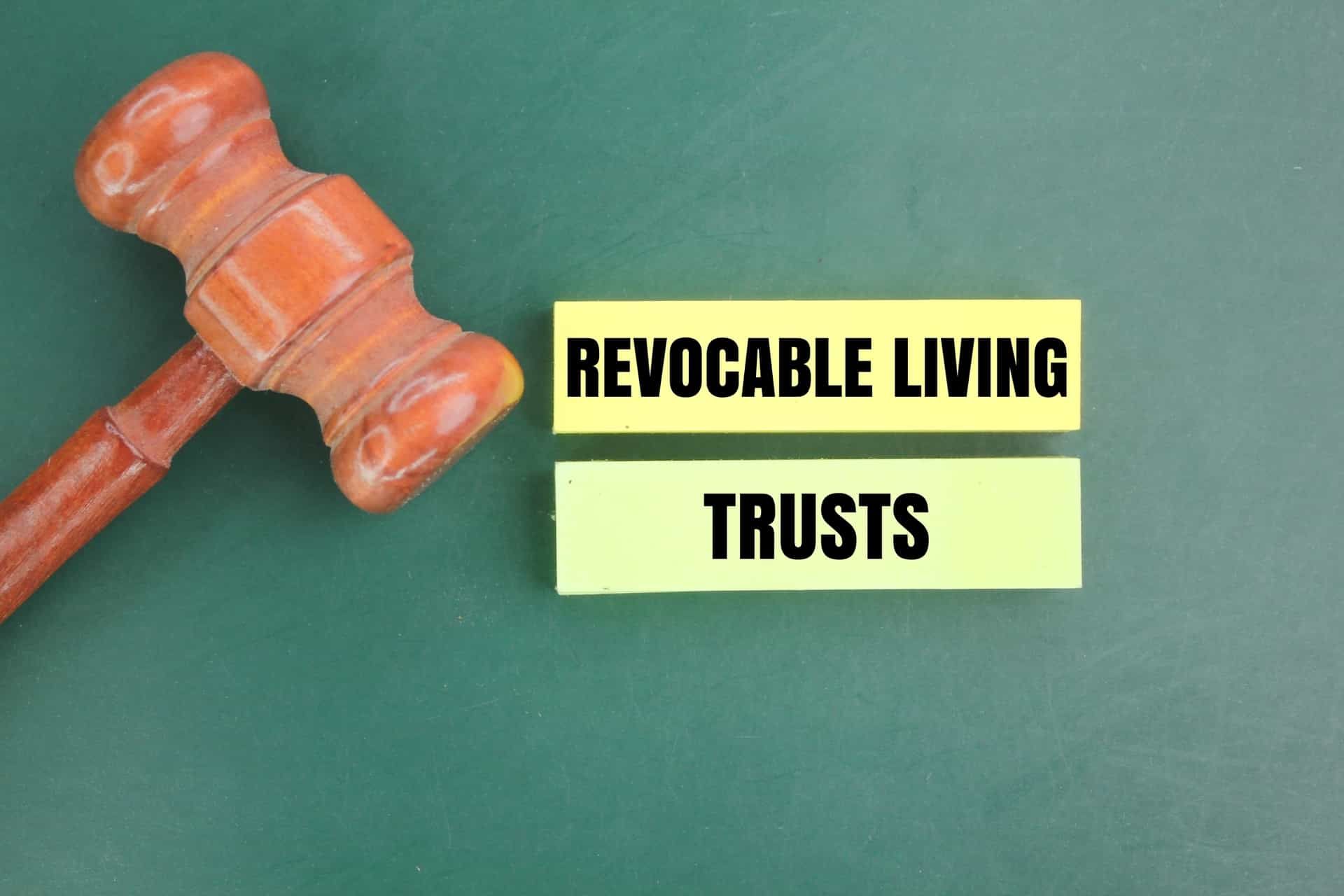Does Guardianship Override Power of Attorney?
Power of attorney and guardianship are two important mechanisms in legal decision-making.
Guardianship is a legal arrangement where a court-appointed guardian is authorized to make decisions on behalf of the individual unable to make them independently.
Conversely, power of attorney is a legal document granting authority to an agent to act on behalf of the principal (an individual who created the power of attorney) in matters described in the underlying document.
The manner in which these legal mechanisms interact can get confusing, and many wonder does guardianship overrides power of attorney.
To help answer this question, we’ll look at both in isolation, clarify their roles, and provide an overview of the circumstances in which guardianship takes precedence over the power of attorney.
Establishment Of Guardianship
As opposed to a power of attorney that is 100% voluntary, guardianship is established through a court intervention. The steps may differ between jurisdictions, but the process generally includes:
- Petition: the party who wants to obtain guardianship has to file a petition with the court. This petition provides details about the proposed ward (the individual who may need a guardian) and the reasons
why guardianship is necessary in the first place.
- Evaluation:
the court orders an investigation to determine the individual’s capacity to make independent choices and ascertain whether guardianship is mandatory.
- Notice: all the parties involved must receive a notice of guardianship proceedings. This includes all interested parties and the person for whom the petition is filed. By doing so, all the parties can participate in the proceedings and offer their unique perspective on the matter at hand.
- Hearing:
the petitioner will present the case at the hearing, and all the interest parties will have the opportunity to provide their input or speak up against the guardianship.
- Appointment: guardianship will be appointed only if the court deems it necessary. The main considerations here are the relationship of the guardianship to the ward, their qualifications, and their ability to fulfill guardianship duties.
- Oversight: guardians are subject to oversight by the court and may be required to seek court approval for some decisions, submit reports, and in certain cases, seek permission to take action (like with selling property).
All the guardian’s decisions must be in the ward’s best interest. Although this still wrestles control away from the other party, considering the court oversees most decisions made by the guardian, it’s the most transparent decision-making tool available for individuals who can’t do it themselves.
Types Of Power Of Attorney
The degree of decision-making power provided to the agent (person fulfilling the power of attorney obligations) depends on the type of the power of attorney. Most common types include:
- General: grants the agent comprehensive powers, which may cover financial, legal, and business decisions. It becomes valid upon signing and stays in effect until the principal becomes incapacitated or the power of attorney is revoked.
- Durable:
remains effective even if the principal is incapacitated. It provides the authority to make decisions in legal and financial matters. Because it advances continuity of decision-making, durable powers of attorney are a popular estate planning tool.
- Limited:
grants the agent limited powers in predefined circumstances. It’s frequently utilized in time-limited situations when the principal is unavailable.
- Healthcare:
strictly limited to making healthcare decisions on behalf of the principal if they become incapacitated. This includes consent for medical procedures, end-of-life care, and consent for medications.
- Springing: becomes effective when a predetermined triggering event occurs, most commonly the principal’s incapacitation. In other words, the agent only receives legal authority when they’re needed.
Does Guardianship Take Precedence Over Power Of Attorney?
Now that you’re familiar with the basics, it’s time to clarify does guardianship overrides power of attorney. Depending on the circumstances, the answer is yes.
Since it’s established by the court, a
guardianship may supersede the authority granted by a power of attorney. However, this typically happens if the court determines the principal can’t make informed decisions themselves or if the agent is misusing power of attorney to serve personal interests.
If conflicts between two legal mechanisms arise, resolving it may snowball out of control. This is because both guardianships and power of attorney revolve around decision-making authority.
Legal professionals often recommend tried-and-tested approaches to sidestep the challenge.
For instance, it’s beneficial for all parties involved to enter into negotiations. All the relevant parties will meet with mediators. They’ll discuss different points of view, conflicting decisions, and possibly reach a mutual agreement in the best interest of all parties and the individual in question through mediation.
Considering the sensitive nature of the matter, it’s recommended to consult attorneys specializing in estate planning or
elder law. A legal professional has the expertise to review all the applicable laws, as well as closely examine the circumstances and the legal documents involved.
Furthermore, they may provide guidance, advocate for their client, and help you navigate the process of any legal proceedings required to resolve the issue.
Protect Your Loved One’s Best Interests
With the knowledge of does guardianship override power of attorney, you’re a step closer to understanding the complex relationship between these two legal arrangements. Consequently, you can use said insight to make the right choices if you run into this particular legal conflict.
The best thing you can do in this case is to
hire an estate planning attorney. Handling legal disputes is no easy task, and even if you’re in the right, you may not be able to make certain your loved one gets treated the way they deserve.
When in doubt, reach out to attorneys at
Doane & Doane. With over 20 years of experience in the field of
estate planning, we can take charge of the situation and work hand in hand with you and the other parties involved to come up with the best possible solution to the problem.
Protect your loved one’s rights - call 561-656-0200 or fill out our
contact form to schedule a free case evaluation.
Note:
The information in this blog post is for reference only and not legal advice. As such, you should not make legal decisions based on the information in this blog post. Moreover, there is no lawyer-client relationship resulting from this blog post, nor should any such relationship be implied. If you need legal counsel, please consult a lawyer licensed to practice in your jurisdiction.
Disclaimer: The information on this website and blog is for general informational purposes only and is not professional advice. We make no guarantees of accuracy or completeness. We disclaim all liability for errors, omissions, or reliance on this content. Always consult a qualified professional for specific guidance.
RECENT POSTS






